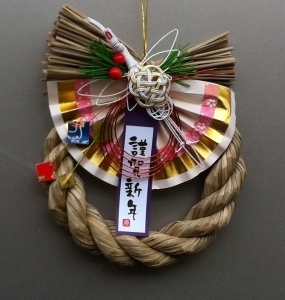We enjoyed the first meeting of “Moshi moshi, Japan?”, held Geneva, 23 January 2015.

Anne opened the floor by presenting her experience with a sales team in Tokyo. All the people around the table shared his/her experience and insights on Japan.
Key words:
- “We wanted the branch in Japan to adhere to the global process. The Japanese team said, ‘yes’, but in practice, there was no change. They continued doing it in their own way as before.”
- “To do business with Japan, one must meet people regularly, say, 3 to 5 times a year.”
- “Meeting with the Japanese in informal opportunity is important.”
- “It is annoying though that one must think what’s behind all the time.”
- “Be careful, the Japanese don’t say ‘No’, but say it in very different manners.”
- “Japan is at the highest end of the ‘High context culture’. Emotional intelligence counts in communication.”
- “Stay open-minded, accept what it is and build the trust, before business.”
Thank you very much for all the people who participated in the meeting.
Forthcoming meetings —
Friday 13 February, The Japanese mindset seen from a recruiter
Friday 13 March, Japanese market for innovative start-ups
Friday 17 April, Uchi and Soto, the key concepts of the Japanese relationship building
Friday 26 June, Negotiations with Japanese companies (To be confirmed)
Participants: Anyone interested in business with Japan.
Time: From 18h00 to 19h15
Place: Starbucks, Rive, Geneva central area
Languages: French and English
Organisation fee: CHF 10.-
Registration: By e-mail or phone call to Yoshiko Kurisaki, Europe-Japan Dynamics
Yoshiko.kurisaki@gmail.com, Tel. 076 411 6076




